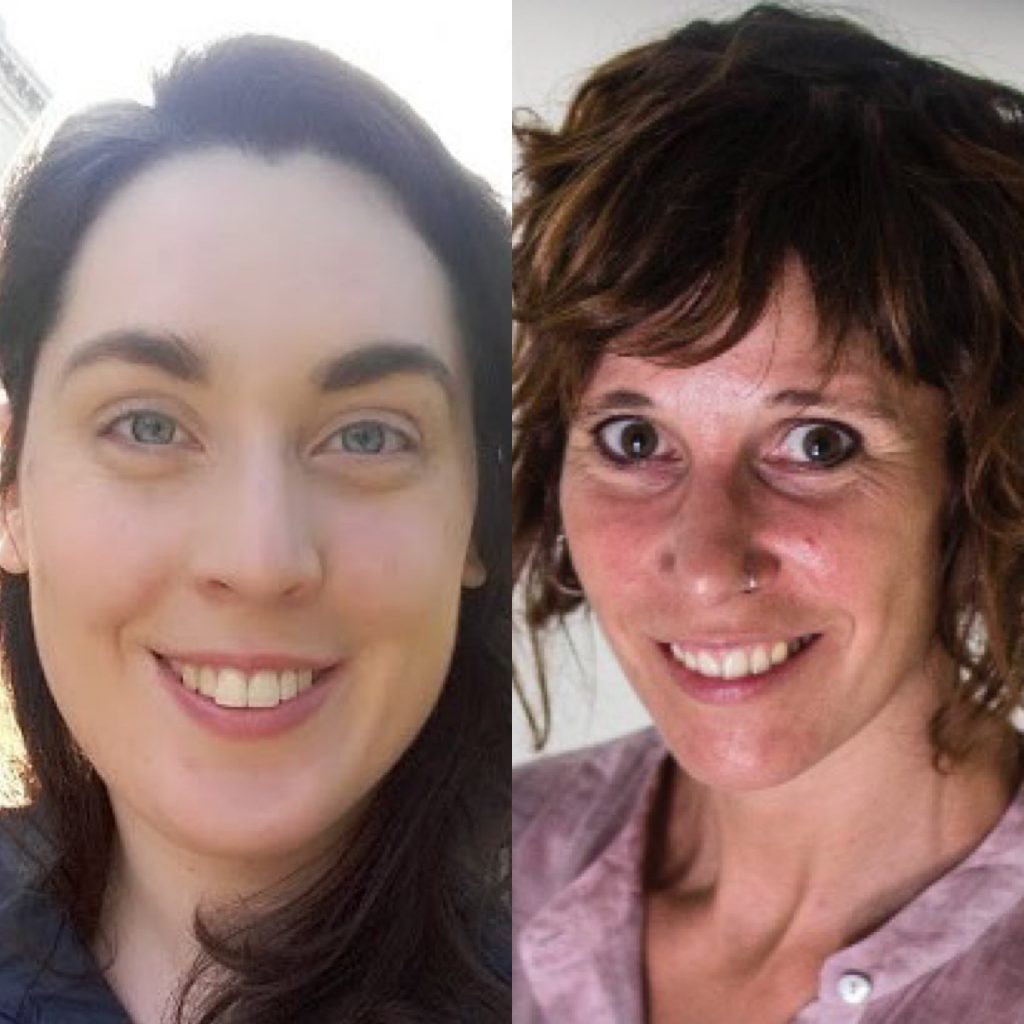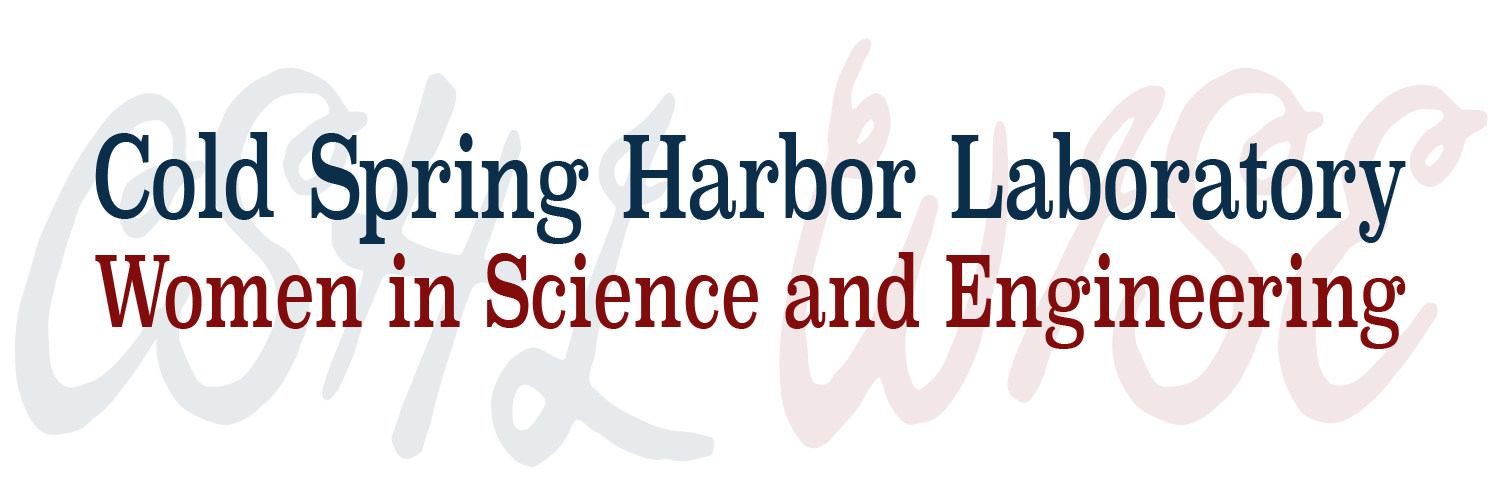
World Malaria Day is April 25. Malaria is a parasitic infection that kills close to half a million people a year, and this year there is promising news: the first vaccine against malaria has, as of Tuesday, begun being administered to children in Malawi. This accomplishment couldn’t have come about without the contributions of countless scientists, from “basic researchers” studying how malaria spreads and harms to “translational researchers” studying how to apply those findings to the treatment and prevention of malaria, to medical doctors providing care to infected patients. And many of the contributing scientists have been women.
But these women are often underrepresented in positions of power and recognition. For example, at the 2009 Multilateral Initiative on Malaria (MIM) conference, only 23% of the presenters were women with only 4 out of 26 plenary speakers being female. To help correct this problem, Drs. Joanne Power and Elena Gómez-Díaz, started a “Women in Malaria” initiative to provide a database of information on female malaria researchers, inspired by the “Women in Parasitology” project started by University of Pennsylvania postdoctoral researcher Dr. Elise English.
The resource has multiple functions: it shines light on the contributions of women in the global fight against malaria; it serves as a go-to source for meeting and event organizers looking for speakers; offers educational resources about malaria; and serves as a tool for female malaria researches to meet and get mentored from one another. Power and Gómez-Díaz hope to expand upon the project to provide more formalized mentorship and training opportunities.
They started the website in August 2018 and as of January 2019 the list is 245 scientists long. You can check it out (and maybe find your next speaker) at https://womeninmalaria.weebly.com/. Power operates the website while Gómez-Díaz runs a #WomenInMalaria campaign on Twitter that includes profiling female malaria researchers.
The effort echoes other discipline-specific initiatives including Anne’s List for computational neuroscientists (started by CSHL’s own Anne Churchland) and the Women in Biology Speaker’s List WiSE has been developing in a collaboration with CSHL Meetings and Courses, EMBO, and the ASCB.
Joanne Power earned a PhD from the University of Glasgow, where she studied malaria sexual development with the aim of finding an “Achille’s heel” to block malaria transmission. Elena Gómez-Díaz earned a PhD from the University of Barcelona. She is currently a researcher at the Spanish National Research Council’s López-Neyra Parasitology and Biomedicine Institute (IPBLN-CSIC) in Granada, Spain as a Ramon y Cajal fellow. Here she studies epigenetic changes in malaria parasites that allow them to regulate gene expression as they adapt to their hosts.
Thank you to Drs. Power and Gómez-Díaz for your hard work!
